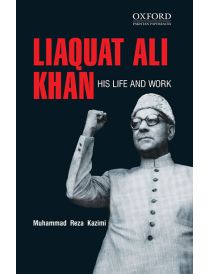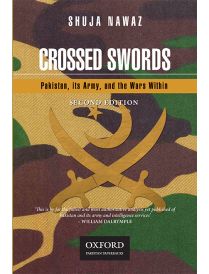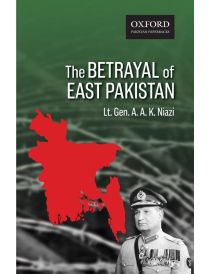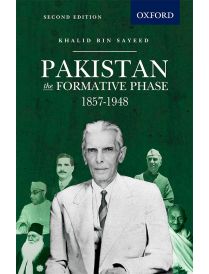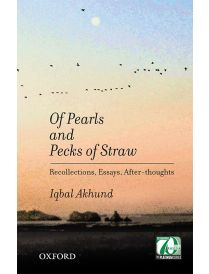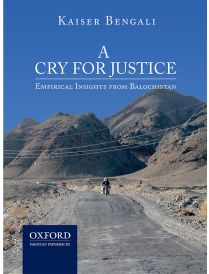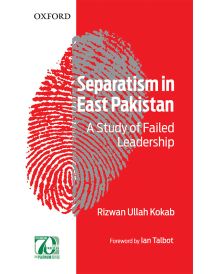We use cookies to enhance your experience on our website. By clicking "Continue" or by continuing to use our website, you are agreeing to our use of cookies. You can change your cookie settings at any time. Learn more.
The Pathans
Morocco for Imperial France and India for Imperial Britain were the ‘jewels in the Crown’. Their finest officers were posted to administer the traditionally independent-minded tribesmen, the Berbers in the former case and the Pathans in the latter. Through sensitivity and intelligence, many of these colonial officers overcame their political and racial prejudices and came to know the tribesmen well. Some of them like Montagne for the Berbers, and Caroe, Howell, and King for the Pathans—have left behind material which contains authoritative ethnographic and political accounts. Their inherent bias in viewing the tribesman as a noble savage created a romantic picture of him. But the affection is genuine. Whether writing for the public or for more private, often confidential, readership, the respect and affection of these officers for the tribesmen emerges clearly. In a profound sense they identified with the tribes- men. Caroe is a good example. He was, as he never tired of repeating, a Yusufzai Pathan in spirit and heart. His love for the Pathans, their language, their code, and their lands was undiminished to the end. And, to the end, a lucid mind, a literary pen, and a wide circle of interested friends allowed him to contribute to Pathan studies. Caroe’s The Pathans is at one and the same time a classic and contemporary book. It is—with its Epilogue—essential reading for anyone interested in recent development in Afghanistan and Pakistan.
– Akbar S. Ahmed
Louis Dupree, who knew and corresponded with Sir Olaf Caroe over a number of years, also writes:
Although one can occasionally disagree with Sir Olaf, one cannot but admire him and, if one has met him, love him. The literary contributions of Sir Olaf will be around for generations to come. Also, he was a powerful figure in the British Indian Government and his role in the perpetuation of both the myths and the realities of the boundary legacies of the British in South Asia remains significant. History will continue to analyze these sensitive frontiers.
Exegi monumentum aera perennius
‘I have executed a memorial longer lasting than bronze’. (Horace)
 Weight in kg
0.50
Weight in kg
0.50
 Rights
World
Rights
World
 Year of Publication
1983
Year of Publication
1983
 Binding
Hardback
Binding
Hardback
 Pages
558 pages
Pages
558 pages



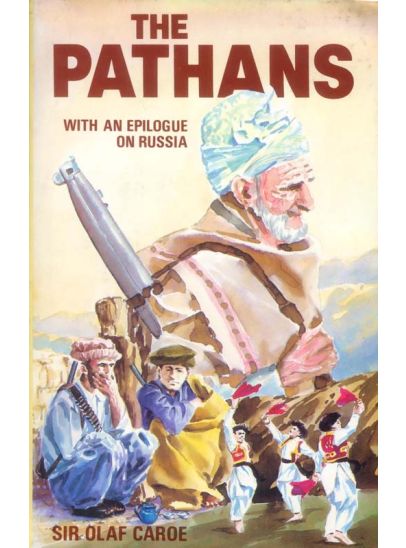
 Bulk Order
Bulk Order Request a Quote
Request a Quote